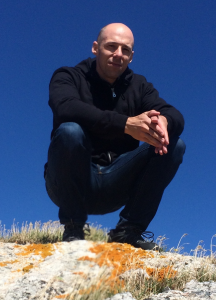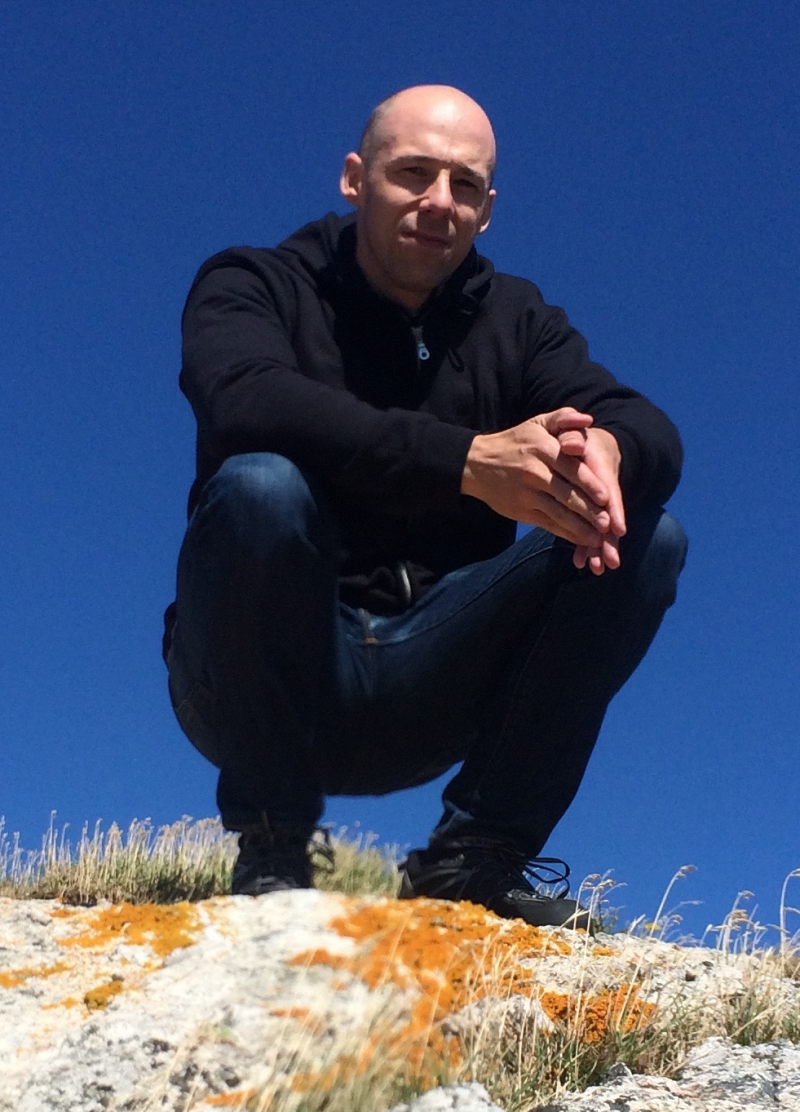When I first experienced bipolar symptoms in college it was as though sadness had gotten jacked up to an excruciating level. From the time of my early teens I had dealt with depression and the occasional suicidal thought. There was some irritability as well, but nothing that caught me off guard. My depression was familiar and safe.
My sophomore year of college I had grown aggravated toward my roommate who often woke me up at 3am after coming in from who knows where. Everyone else on the floor of my dorm also drew my scorn for their loudness. I wanted my own hole to which I could escape. I couldn’t understand how my friends could tolerate living with anyone. I wanted to be alone all the time.
My junior year I was fortunate to get one of the six solo dorm rooms on my floor. Unfortunately, it was next to the bathroom, which meant that there was noise late at night. And not only there, but everywhere on my floor. This was especially problematic when I wanted to get to bed early for an 8am class.
It was at that time bipolar appeared and never left. My brain underwent a transformation and the person I was before would never return. I grew irritable and anxious more than ever, especially when dealing with the noise on the floor of my dorm.
Some nights I rose from my bed, opened the door, and as the bright hallway lights caused me to squint, I stormed down the hall. I searched out the parties responsible for the cacophony. If only I could find those creating so much noise, I thought, I could get some sleep. If I slept, the anxiety and depression would go away. At least for a few hours.
On one occasion, I received a flippant response about me needing to “chill out.” It left me with little recourse but to return to my room and slam the door over and over. The heavy wood made for a loud percussion. I screamed in my bedroom. I can only imagine the looks on the part of others down the hall.
I believed it was the late night yelling and joking around that was making it difficult to sleep. When I would finally succumb to my fatigue, it was three or four in the morning. This went on for most of the spring semester my junior year. I awoke a few hours later for an eight o’clock class, feeling as though I had gotten a full night’s rest. I went to breakfast and then my history session, completely lucid. I had no idea why I was able to get by with so little sleep.
My only conclusion was I was going crazy. In those late night hours when rest wouldn’t come, I would find myself seated at my desk, surfing the internet. There I would investigate ways I could kill myself, and making plans to do so.
Finally, a friend convinced me to go to our university’s counseling center. It took many years of therapy and medications before I figured out how to calm down when I reached such dark places. But the disease was there and wasn’t going to leave. I had no other choice but to come to understand who this new version of me was.
My life hasn’t been the same since 2000. Loads of therapy, self-help texts, and learning from personal experiences have taught me how to live with this disease. Like anyone who suffers from a physical illness, I didn’t ask for it, but I’m doing my best to live life to its fullest even if every day isn’t cheery and bright.
I’m staying alive because I want to share my story through writing and speaking in the hope that it will aid others with their depression and anxiety. I want to empathize with those who are hurting. Life has much more to show me: new places to visit, new people to meet, and new stories to write. And I’d like to help college students who are experiencing the beginning of their mental illness. I want to let them know they can quiet the noise and sleep easier in the midst of the troubles their disease may bring.
 I’m a mental health advocate and writer. Since 2005 I’ve been a contributor to Razorcake, America’s only non-profit organization dedicated to promoting DIY punk culture. I’ve written for Vice and The Mighty. I’ve also written zines including Donald Trump (almost) ate my brain and One Punk’s Guide to Christian Punk.
I’m a mental health advocate and writer. Since 2005 I’ve been a contributor to Razorcake, America’s only non-profit organization dedicated to promoting DIY punk culture. I’ve written for Vice and The Mighty. I’ve also written zines including Donald Trump (almost) ate my brain and One Punk’s Guide to Christian Punk.
Kurt Morris can be found on his blog, Twitter, and Facebook.








Leave A Comment